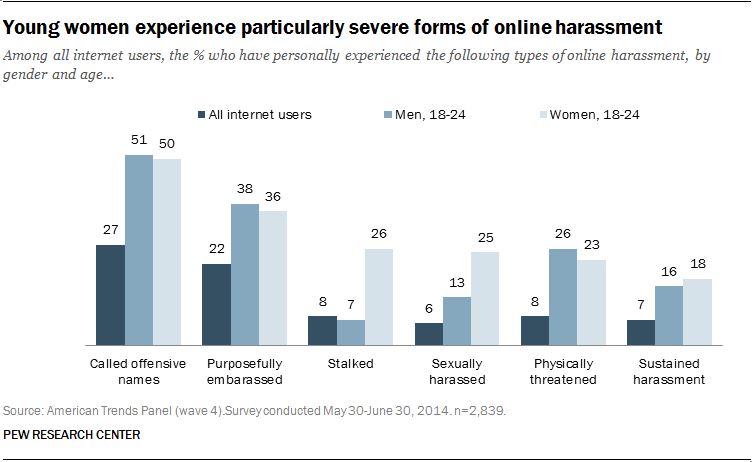 Dr Ellen Helsper is Associate Professor of Media and Communications at the London School of Economics. In collaboration with Go On UK, she has launched the UK Digital Exclusion Heatmap, which provides a visualisation and exploration of digital and social exclusion in the UK.
Dr Ellen Helsper is Associate Professor of Media and Communications at the London School of Economics. In collaboration with Go On UK, she has launched the UK Digital Exclusion Heatmap, which provides a visualisation and exploration of digital and social exclusion in the UK.
The UK Digital Exclusion Heatmap, launched today by Go On UK, confirms strong links between social and digital inequalities in the UK and shows an island of inclusion around London and increasing levels of exclusion radiating out towards the North, West and East. Upon closer examination, the Heatmap also confronts us with the significant gaps in existing evidence relating to levels of basic digital skills and use and, therefore, highlights how our understanding of the social causes and consequences of digital inequalities may be limited.
I have written before about how inequalities in a digital Britain are compound; different social and digital aspects of everyday life come together to create deep, entrenched exclusion. Researchers and policymakers have assumed for a while that this concentration of exclusion is not just socio-demographic but also geographic. The Heatmap shows for the first time how compound digital and social inequalities play out at the regional level.
The data send a clear message: digital inclusion policy cannot stand on its own; it needs to be embedded within broader economic, social inclusion and well-being programmes and policy making.
Locating compound digital and social exclusion
Digital exclusion is multi-faceted and geographically concentrated; there are specific areas in which the residents have lower quality access, are less likely to use the internet, have lower skill levels and are engaged with ICTs in a narrower way. The inequalities in Britain are stark.
Where a local government or organisation is located will determine what types of issues they face and, therefore, what kind of programme, intervention or policy might be most effective at tackling exclusion in a Digital Britain. One size does not fit all!
Three urgent issues
There are three key issues that need to be resolved as soon as possible to enable use of this data for a better understanding of digital inequalities and to design effective policies to tackle digital exclusion.
- 1. Gaps in skills and use data
While Infrastructure and Access data are granular and can be scaled up with relative confidence to the Local Output Area level, there are gaps in the ‘skills and uses’ data visible on the ‘Basic Digital Skills map’. There are a lot of blank areas which show the areas where information does not exist.
1st call to action: Office for National Statistics, Ofcom and other organisations that collect large representative national-level datasets need to start collecting more detailed data on digital skills, as they do currently for infrastructure and access data. Without this, policy makers, local governments and organisations will not be able to design effective programmes tackling digital inclusion.
- 2. Measurement and indicator design flaws
The Heatmap suffers from legacy issues; the current map uses and adapts existing data and measures which do not reflect the latest thinking about the types of access, skills and usage which indicate inclusion in a Digital Britain.
2nd call to action: Researchers and policy makers urgently need to broaden their thinking about digital skills. There is too little knowledge about the basic digital skills needed to participate fully in everyday life. The current focus on higher level skills such as coding is overshadowing the debate. These skills are of course important for the economy, but since we do not understand what impact the lack of basic digital skills has on a lack of opportunities to participate in the economic, social and cultural life of Britain, we need to go back to basics. More work is needed to think systematically about which digital skills are necessary to achieve tangible beneficial social outcomes and avoid those which are potentially negative.
The UK’s multi-stakeholder Digital Inclusion Evaluation Toolkit, which uses a framework closely related to the From Digital Skills to Tangible Outcomes project based at the LSE, is making headway in this regard.
- 3. Contextuality and flexibility
The Heatmap is unique in using a relative metric of digital inequalities. Much like the Basket of Goods and Services, the Heatmap is based on a digital basket of resources, where what goes into the basket depends on which digital resources are considered essential to live in a particular national and socio-technical context. This gives it flexibility so that future iterations can use different indicators of infrastructure, access, skill and use and still be comparable.
However, policies and interventions are still designed around very narrow definitions of digital inclusion which do not take future changes into account. The use of 2Mb broadband speeds as a cut-off point is one example; there are few who would consider this sufficient for full use. Similarly, it is likely that other uses of the internet will become important in the future. Being satisfied when all Brits have the 11 digital skills currently measured would lead to a false sense of accomplishment.
3rd call to action: Digital inequalities research and evaluation need to think beyond the here and now. Metrics should be developed that would still be valid in 5 years’ time using adaptable measures so that evidence-based policy making and interventions can be truly effective, be held accountable and take account of the changing digital and social landscape.
This post gives the views of the author, and does not represent the position of the LSE Media Policy Project blog, nor of the London School of Economics and Political Science.








3 Comments